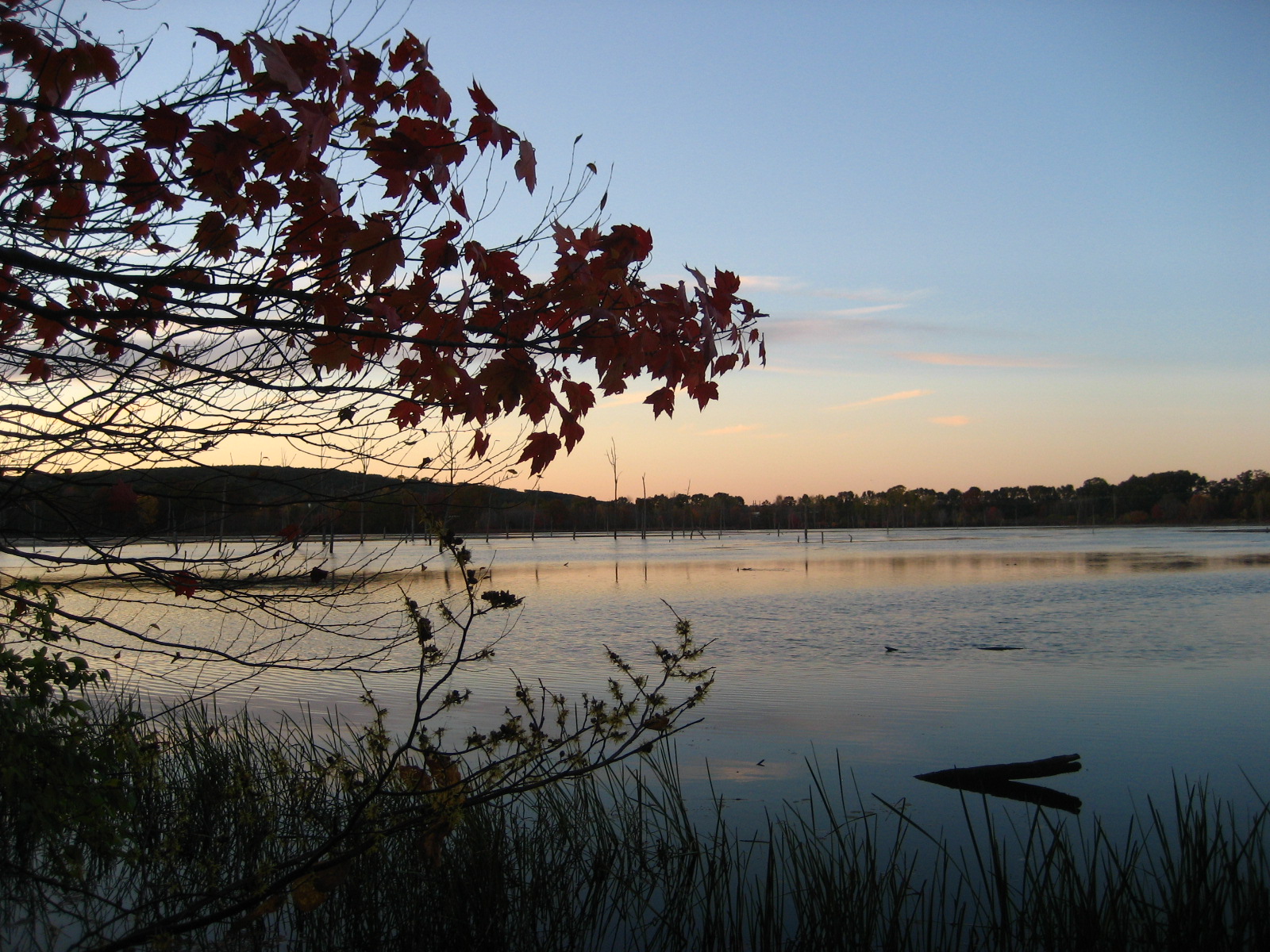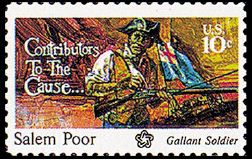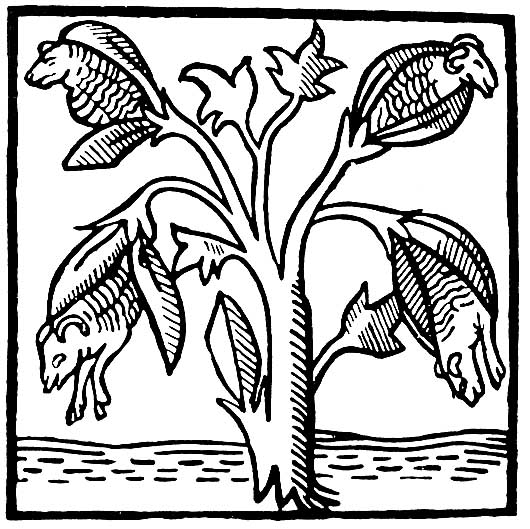|
Eli Whitney
Eli Whitney Jr. (December 8, 1765January 8, 1825) was an American inventor, widely known for inventing the cotton gin in 1793, one of the key inventions of the Industrial Revolution that shaped the economy of the Antebellum South. Whitney's invention made upland short cotton into a profitable crop, which strengthened the economic foundation of slavery in the United States and prolonged the institution. Despite the social and economic impact of his invention, Whitney lost much of his profits in legal battles over patent infringement for the cotton gin. Thereafter, he turned his attention to securing contracts with the government in the manufacture of muskets for the newly formed United States Army. He continued making arms and inventing until his death in 1825. Early life and education Whitney was born in Westborough, Massachusetts, on December 8, 1765, the eldest child of Eli Whitney Sr., a prosperous farmer, and his wife Elizabeth Fay, also of Westborough. The younger Eli ... [...More Info...] [...Related Items...] OR: [Wikipedia] [Google] [Baidu] |
Westborough, Massachusetts
Westborough is a New England town, town in Worcester County, Massachusetts, United States. The population was 21,567 at the 2020 United States census, 2020 census, in over 7,000 households. Incorporated in 1717, the town is governed under the New England open town meeting system, headed by a five-member elected Board of Selectmen whose duties include licensing, appointing various administrative positions, and calling a town meeting of citizens annually or whenever the need arises. History Before recorded time, the area now known as Westborough was a well-travelled crossroads. As early as 7,000 Common Era, BCE, prehistoric people in dugout canoes followed the Sudbury River, Sudbury and Assabet River, Assabet Rivers to their headwaters in search of quartzite for tools and weapons. From 1200 to 1600 Common Era, CE, seasonal migrations brought Nipmuc Nation, Nipmuc Indians to hunt and fish near Cedar Swamp and Lake Hoccomocco. Using Fay Mountain as a landmark, Indians crisscrossed ... [...More Info...] [...Related Items...] OR: [Wikipedia] [Google] [Baidu] |
Petition Of Eli Whitney To Selectmen Of Westborough Massachusetts
A petition is a request to do something, most commonly addressed to a government official or public entity. Petitions to a deity are a form of prayer called supplication. In the colloquial sense, a petition is a document addressed to an official and signed by numerous individuals. A petition may be oral rather than written, or may be transmitted via the Internet. Legal ''Petition'' can also be the title of a legal pleading that initiates a legal case. The initial pleading in a civil lawsuit that seeks only money (damages) might be called (in most U.S. courts) a ''complaint''. An initial pleading in a lawsuit that seeks non-monetary or "equitable" relief, such as a request for a writ of ''mandamus'' or ''habeas corpus'', custody of a child, or probate of a will, is instead called a ''petition''. Act on petition is a "summary process" used in probate, ecclesiastical and divorce cases, designed to handle matters which are too complex for simple motion. The parties in a case exchan ... [...More Info...] [...Related Items...] OR: [Wikipedia] [Google] [Baidu] |
Gristmill
A gristmill (also: grist mill, corn mill, flour mill, feed mill or feedmill) grinds cereal grain into flour and Wheat middlings, middlings. The term can refer to either the grinding mechanism or the building that holds it. Grist is grain that has been separated from its chaff in preparation for mill (grinding), grinding. History Early history The Greek geographer Strabo reported in his ''Geography'' that a water-powered grain-mill existed near the palace of king Mithradates VI Eupator at Cabira, Asia Minor, before 71 BC. The early mills had horizontal paddle wheels, an arrangement which later became known as the "Norse wheel", as many were found in Scandinavia. The paddle wheel was attached to a shaft which was, in turn, attached to the centre of the millstone called the "runner stone". The turning force produced by the water on the paddles was transferred directly to the runner stone, causing it to grind against a stationary "Mill machinery#Watermill machinery, bed", a ... [...More Info...] [...Related Items...] OR: [Wikipedia] [Google] [Baidu] |
Slavery In The United States
The legal institution of human chattel slavery, comprising the enslavement primarily of List of ethnic groups of Africa, Africans and African Americans, was prevalent in the United States of America from its founding in 1776 until 1865, predominantly in the Southern United States, South. Slavery was established throughout European colonization in the Americas. From 1526, during the early Slavery in the colonial history of the United States, colonial period, it was practiced in what became British America, Britain's colonies, including the Thirteen Colonies that formed the United States. Under the law, an enslaved person was treated as property that could be bought, sold, or given away. Slavery lasted in about half of U.S. states until Thirteenth Amendment to the United States Constitution, abolition in 1865, and issues concerning slavery seeped into every aspect of national politics, economics, and social custom. In the decades after the end of Reconstruction era, Recons ... [...More Info...] [...Related Items...] OR: [Wikipedia] [Google] [Baidu] |
Southern United States
The Southern United States (sometimes Dixie, also referred to as the Southern States, the American South, the Southland, Dixieland, or simply the South) is List of regions of the United States, census regions defined by the United States Census Bureau. It is between the Atlantic Ocean and the Western United States, with the Midwestern United States, Midwestern and Northeastern United States to its north and the Gulf of Mexico and Mexico to its south. Historically, the South was defined as all states south of the 18th-century Mason–Dixon line, the Ohio River, and the Parallel 36°30′ north, 36°30′ parallel.The South . ''Britannica''. Retrieved June 5, 2021. Within the South are different subregions such as the Southeastern United States, Southeast, South Central United States, South Central, Upland South, Upper South, and ... [...More Info...] [...Related Items...] OR: [Wikipedia] [Google] [Baidu] |
Cotton Gin EWM 2007
Cotton (), first recorded in ancient India, is a soft, fluffy staple fiber that grows in a boll, or protective case, around the seeds of the cotton plants of the genus ''Gossypium'' in the mallow family Malvaceae. The fiber is almost pure cellulose, and can contain minor percentages of waxes, fats, pectins, and water. Under natural conditions, the cotton bolls will increase the dispersal of the seeds. The plant is a shrub native to tropical and subtropical regions around the world, including the Americas, Africa, Egypt and India. The greatest diversity of wild cotton species is found in Mexico, followed by Australia and Africa. Cotton was independently domesticated in the Old and New Worlds. The fiber is most often spun into yarn or thread and used to make a soft, breathable, and durable textile. The use of cotton for fabric is known to date to prehistoric times; fragments of cotton fabric dated to the fifth millennium BC have been found in the Indus Valley civilization, a ... [...More Info...] [...Related Items...] OR: [Wikipedia] [Google] [Baidu] |
Whitney Gin
Whitney or Whittney may refer to: Film and television * ''Whitney'' (2015 film), a Whitney Houston biopic starring Yaya DaCosta * ''Whitney'' (2018 film), a documentary about Whitney Houston * ''Whitney'' (TV series), an American sitcom that premiered in 2011 Firearms * Whitney Wolverine, a semi-automatic, .22 LR caliber pistol *Whitney revolver, a gun carried by Powell when he attempted to assassinate Secretary of State William Seward Music * ''Whitney'' (album), an album by Whitney Houston * Whitney (band), an American rock band * "Whitney", by Lil Pump from ''Lil Pump'', 2017 * "Whitney", by Rêve from '' Saturn Return'', 2022 Places Canada * Whitney, Ontario United Kingdom * Witney, Oxfordshire ** Witney (UK Parliament constituency), a constituency for the House of Commons * Whitney-on-Wye, Herefordshire United States * Whitney, Alabama * Whitney, California, a community in Placer County * Whitney, California, former name of Lone Pine Station, California * W ... [...More Info...] [...Related Items...] OR: [Wikipedia] [Google] [Baidu] |
Cotton Gin Harpers
Cotton (), first recorded in ancient India, is a soft, fluffy staple fiber that grows in a wikt:boll, boll, or protective case, around the seeds of the cotton plants of the genus ''Gossypium'' in the mallow family Malvaceae. The fiber is almost pure cellulose, and can contain minor percentages of waxes, fats, pectins, and water. Under natural conditions, the cotton bolls will increase the dispersal of the seeds. The plant is a shrub native to tropical and subtropical regions around the world, including the Americas, Africa, Egypt and India. The greatest diversity of wild cotton species is found in Mexico, followed by Australia and Africa. Cotton was independently domesticated in the Old and New Worlds. The fiber is most often Spinning (textiles), spun into yarn or thread and used to make a soft, breathable, and durable textile. The use of cotton for fabric is known to date to prehistoric times; fragments of cotton fabric dated to the fifth millennium BC have been found in the ... [...More Info...] [...Related Items...] OR: [Wikipedia] [Google] [Baidu] |
American Civil War
The American Civil War (April 12, 1861May 26, 1865; also known by Names of the American Civil War, other names) was a civil war in the United States between the Union (American Civil War), Union ("the North") and the Confederate States of America, Confederacy ("the South"), which was formed in 1861 by U.S. state, states that had Secession in the United States, seceded from the Union. The Origins of the American Civil War, central conflict leading to war was a dispute over whether Slavery in the United States, slavery should be permitted to expand into the western territories, leading to more slave states, or be prohibited from doing so, which many believed would place slavery on a course of ultimate extinction. Timeline of events leading to the American Civil War, Decades of controversy over slavery came to a head when Abraham Lincoln, who opposed slavery's expansion, won the 1860 presidential election. Seven Southern slave states responded to Lincoln's victory by seceding f ... [...More Info...] [...Related Items...] OR: [Wikipedia] [Google] [Baidu] |
Harvest
Harvesting is the process of collecting plants, animals, or fish (as well as fungi) as food, especially the process of gathering mature crops, and "the harvest" also refers to the collected crops. Reaping is the cutting of grain or pulses for harvest, typically using a scythe, sickle, or reaper. On smaller farms with minimal mechanization, harvesting is the most labor-intensive activity of the growing season. On large mechanized farms, harvesting uses farm machinery, such as the combine harvester. Automation has increased the efficiency of both the seeding and harvesting processes. Specialized harvesting equipment, using conveyor belts for gentle gripping and mass transport, replaces the manual task of removing each seedling by hand. The term "harvesting" in general usage may include immediate postharvest handling, including cleaning, sorting, packing, and cooling. The completion of harvesting marks the end of the growing season, or the growing cycle for a particular c ... [...More Info...] [...Related Items...] OR: [Wikipedia] [Google] [Baidu] |
Interchangeable Parts
Interchangeable parts are parts (wikt:component#Noun, components) that are identical for practical purposes. They are made to specifications that ensure that they are so nearly identical that they will fit into any assembly of the same type. One such part can freely replace another, without any custom fitting, such as File (tool), filing. This interchangeability allows easy assembly of new devices, and easier repair of existing devices, while minimizing both the time and skill required of the person doing the assembly or repair. The concept of interchangeability was crucial to the introduction of the assembly line at the beginning of the 20th century, and has become an important element of some modern manufacturing but is missing from other important industries. Interchangeability of parts was achieved by combining a number of innovations and improvements in machining operations and the invention of several machine tools, such as the Henry Maudslay#Lathe design, slide rest lathe ... [...More Info...] [...Related Items...] OR: [Wikipedia] [Google] [Baidu] |
Mulberry Grove Plantation
Mulberry Grove Plantation, located north of Port Wentworth, Chatham County, Savannah, was a rice plantation, notable as the location where Eli Whitney invented the cotton gin.The American Historical Review (New York, 1897), III, No. 1, 99 Once a thriving plantation, comprising, in 1798, some ... 500 acres of river swamp, under good dams and well drained; and 200 acres of upland, in good order for cotton or provisions. The remaining part of the tract, which contains in the whole more than 2000 acres, consists of oak and hickory, and well timbered pine land. There is a large and complete water machine for cleaning out rice, with barns, overseers houses, and other suitable plantation buildings, well constructed, and in good repair. There is also a convenient and well finished Dwelling House with suitable outbuildings, and an excellent garden, containing a variety of shrubs and trees both for use and ornament. Mulberry Grove has been left to ruins, surrounded by industrial areas ... [...More Info...] [...Related Items...] OR: [Wikipedia] [Google] [Baidu] |





